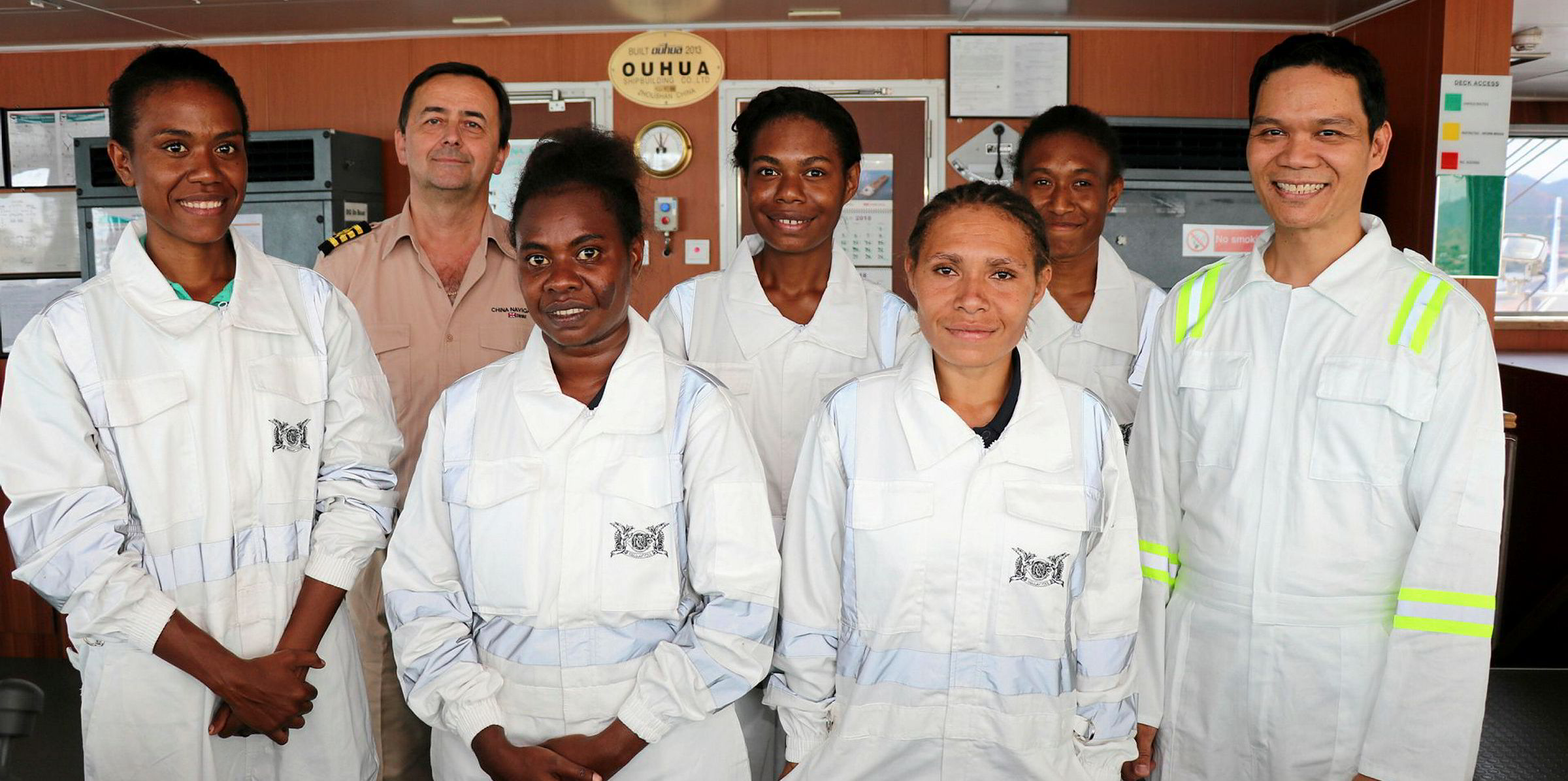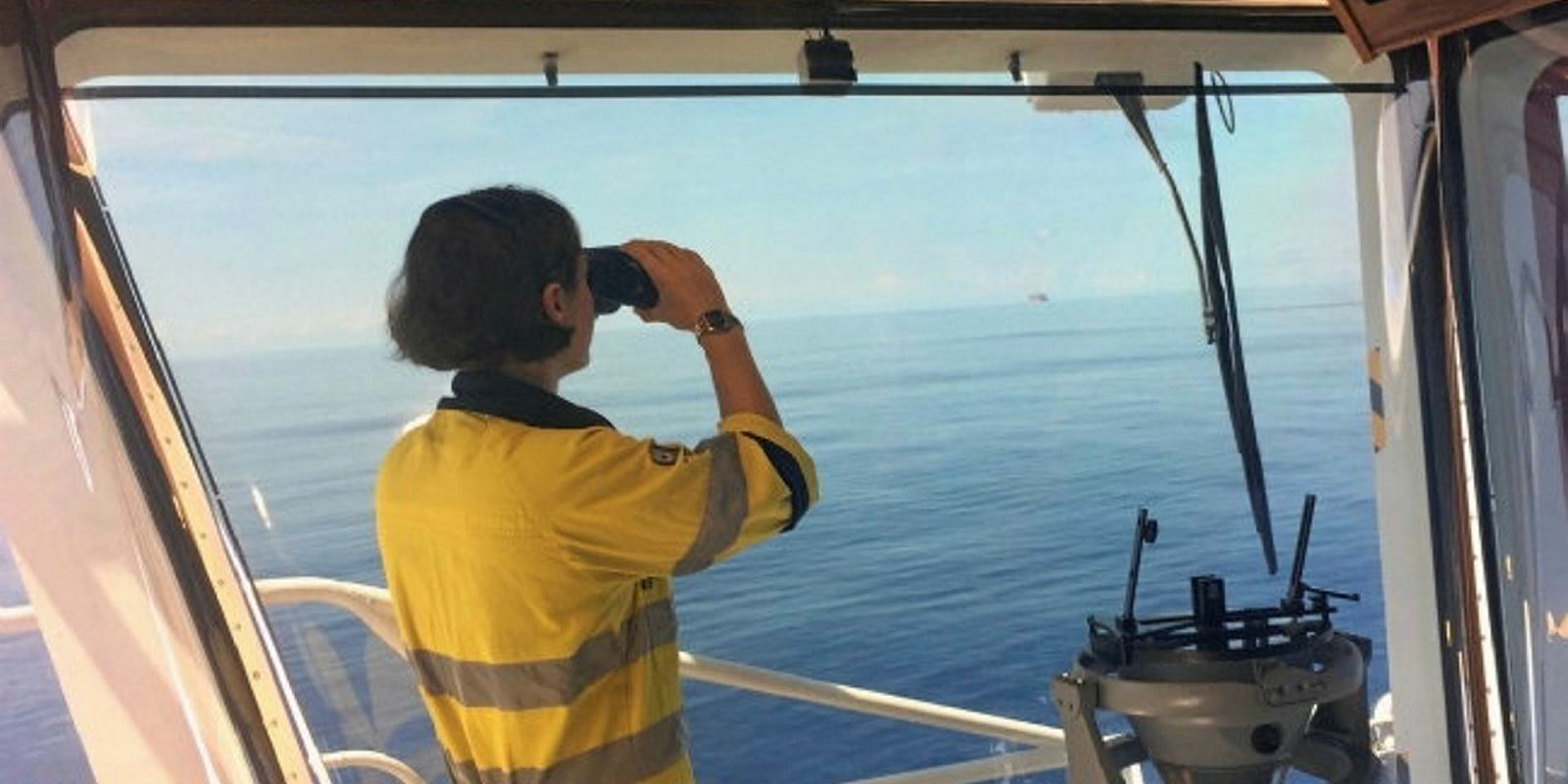The China Navigation Company (CNCo) has recruited its first batch of female cadets as it looks to improve its gender diversity.
It said the five deck cadets and five engine cadets from Papua New Guinea (PNG) also form part of its efforts to develop local talent.
The deck cadets joined their first deep sea vessel – the 2,118-teu Szechuen (built 2014) – at Port Moresby late last month. The engine cadets are expected to join their first vessel in early 2019.
“CNCo currently employs about 100 seafarers from PNG across our fleet,” said Alistair Skingley, country manager of PNG and Solomon Islands.
“When I met the cadets during their induction phase, I was impressed by their enthusiasm and drive to succeed,” he said.
“I am confident that they will benefit from the knowledge and experience of our seafarers on board, as they embark on their careers with us and work towards becoming future ship captains and chief engineers.”
Traditionally, the maritime industry has been male-dominated; women make up an estimated 2% of the world’s maritime workforce, of which 94% work in the cruise and ferries sector.
In the case of CNCo’s sea staff there were seven female officers in 2007, or around 0.3%.
For many years, to encourage more females to join CNCo says it has had a gender-blind employment process supported by the “creation of a culture where women feel safe and are supported”.
Simon Bennett, general manager of sustainable development, said CNCo has been working to increase its diversity both for our shore and sea staff for some time.
“When we became aware of the Australia Awards Maritime Scholarships initiative, a scholarship scheme offered only to female citizens from PNG, we saw that as an excellent opportunity that would work to deliver on greater gender balance and simultaneously raise the economic capacity in one of our key stakeholder communities in PNG,” he said.
“Working to achieve more diversity and inclusion in our company is a key target for us going forward, and we look forward to expanding this programme, once it has been shown to successfully mature.”




